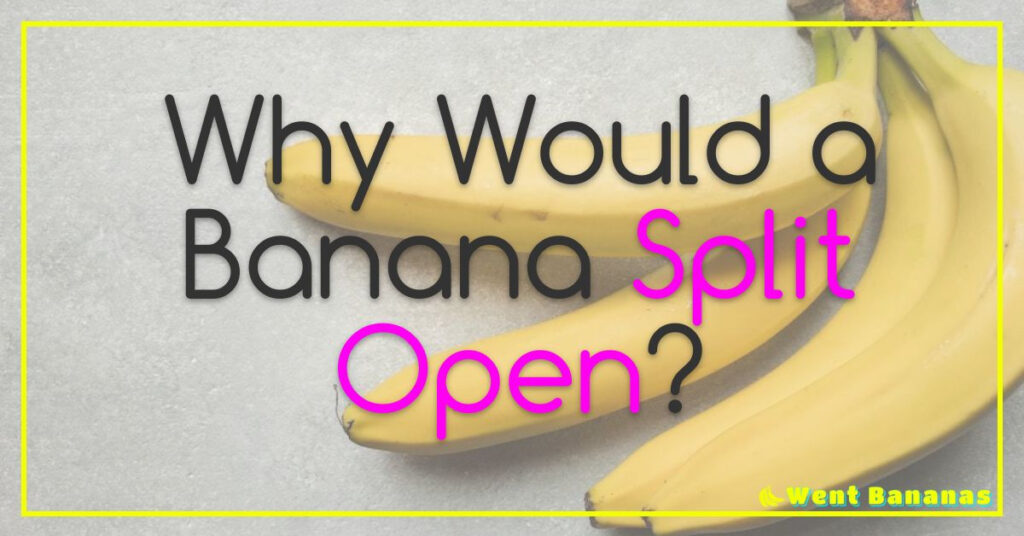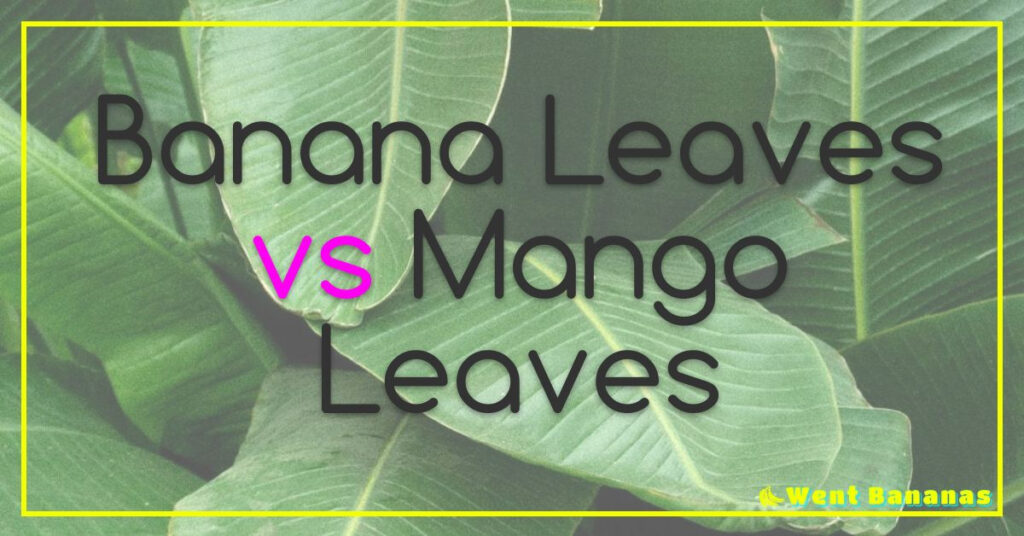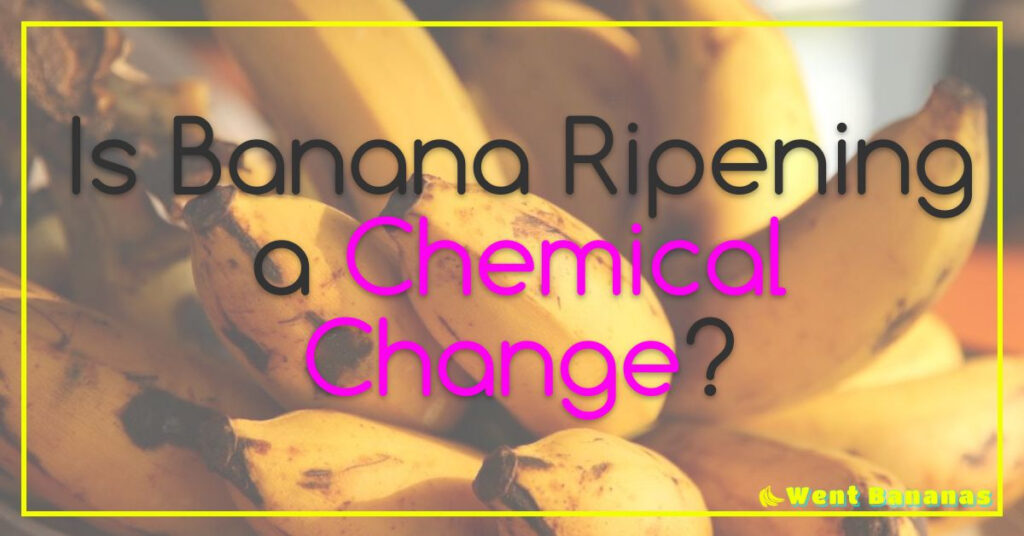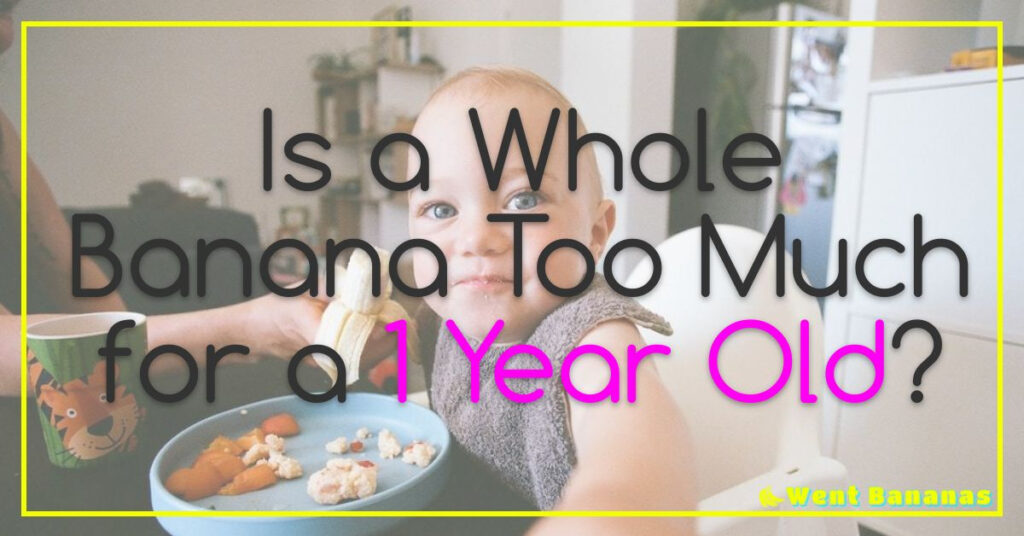Bananas and Colds: Debunking the Myth and Examining the Benefits
If you’ve ever had a cold, you’ve probably heard someone tell you to avoid bananas. But is there any truth to this advice? In this article, we’ll explore the relationship between bananas and colds, as well as the nutrients found in bananas and the benefits of eating them.

We’ll also discuss what foods should be avoided during a cold, so you can make informed decisions about your diet when you’re feeling under the weather.
So whether you’re a die-hard banana lover or simply curious about their effect on colds, keep reading to learn more.
Do bananas affect colds?

Bananas have long been touted as a cure-all for common ailments, including colds. But do they really have any effect on the duration or severity of cold symptoms?
While there is no definitive answer to this question, some studies suggest that bananas may indeed offer some benefits to those suffering from a cold. For one thing, bananas are rich in vitamin C and other immune-boosting nutrients, which can help support the body’s natural defenses against infection.
Additionally, bananas contain compounds known as catechins and quercetin, which have been shown to possess antiviral properties. These compounds may help inhibit the replication of cold viruses in the body, potentially reducing both the duration and severity of symptoms.
Of course, it’s important to remember that bananas are not a magical cure for colds. While they may offer some benefits when consumed as part of a healthy diet and lifestyle, they should not be relied upon as a sole treatment for illness.
In fact, consuming too many bananas can actually be counterproductive when it comes to fighting off illness. Bananas are high in sugar and carbohydrates, which can weaken immune function if consumed in excess.
So while there may be some truth to the idea that bananas can help alleviate cold symptoms, it’s important to approach this claim with caution and always prioritize overall health and wellness above quick-fix remedies.
What nutrients are in bananas?
Bananas are not only delicious, but they are also a great source of essential nutrients that can benefit our overall health. From potassium to fiber, bananas pack a powerful nutritional punch.
One medium-sized banana contains about 105 calories and 27 grams of carbohydrates, making it an excellent source of quick energy. It is also rich in vitamin B6, which helps with brain function and the production of red blood cells.
Potassium is another nutrient that bananas are known for. This mineral plays a crucial role in maintaining healthy blood pressure and heart function. One medium-sized banana contains about 400 mg of potassium, which is roughly 10% of the recommended daily intake.
Bananas are also high in fiber, with one medium-sized banana containing around three grams. This can help keep digestion regular and promote feelings of fullness.

In addition to these nutrients, bananas contain small amounts of other important vitamins and minerals such as vitamin C, magnesium, and copper.
Overall, bananas make for a great snack or addition to your meals due to their impressive nutritional profile. So next time you reach for a snack option or think about adding fruit to your meal plan – consider the mighty banana!
What foods should be avoided when you have a cold?
While bananas are a beloved fruit for many, they may not be the best choice when dealing with a cold. In fact, there are several foods that should be avoided during this time to help speed up recovery.
First and foremost, it is important to avoid dairy products such as milk and cheese. These can increase mucus production in the body, making congestion worse. Instead, opt for plant-based alternatives like almond or oat milk.
Additionally, spicy foods should also be avoided as they can irritate the throat and exacerbate soreness. Citrus fruits like oranges and grapefruits should also be consumed in moderation due to their high acidity levels which can further irritate a sore throat.
Processed foods with high amounts of sugar or salt should also be limited as they can weaken the immune system and make it harder for the body to fight off infection.

Instead of these foods, focus on consuming nutrient-rich options like leafy greens, lean proteins such as chicken or fish, and antioxidant-rich berries. By being mindful of what you eat during a cold, you can help support your body’s natural healing process and recover more quickly.
What are the benefits of eating bananas?
Bananas are a delicious and nutritious fruit that offer many benefits to those who consume them. Not only are they packed with vitamins and minerals, but they also provide a range of other health benefits.
One of the primary advantages of eating bananas is their high potassium content. Potassium is an essential nutrient that helps regulate blood pressure, maintain muscle function, and promote healthy digestion. Consuming bananas regularly can help ensure that your body has adequate levels of this vital mineral.
Another benefit of eating bananas is their high fiber content. Fiber is crucial for maintaining digestive health and preventing constipation. Bananas also contain prebiotics, which nourish the beneficial bacteria in your gut and promote overall gut health.
In addition to these nutritional benefits, bananas are also a low-calorie snack option that can help you manage your weight. They are rich in antioxidants like vitamin C and flavonoids which help protect cells from damage caused by free radicals.
Moreover, eating bananas may reduce the risk of heart disease as they have been shown to lower cholesterol levels due to their fiber content.
Finally, bananas provide energy in form of carbohydrates which make it perfect for pre-workout snack or post-workout recovery food item.
Overall, there are many reasons why consuming bananas should be part of a healthy diet for people looking for an easy way to boost their nutrition intake while enjoying a tasty treat at the same time!
Check out our other articles to find out even more about banana.
In conclusion, bananas can be a healthy and beneficial addition to any diet. They are rich in vitamins and minerals which can help strengthen the immune system during cold season. However, it is important to listen to your body and if you feel sick then eating banana may not be recommended. Check out our other articles to find out even more about banana so that you can make an informed decision regarding their consumption during colds!










